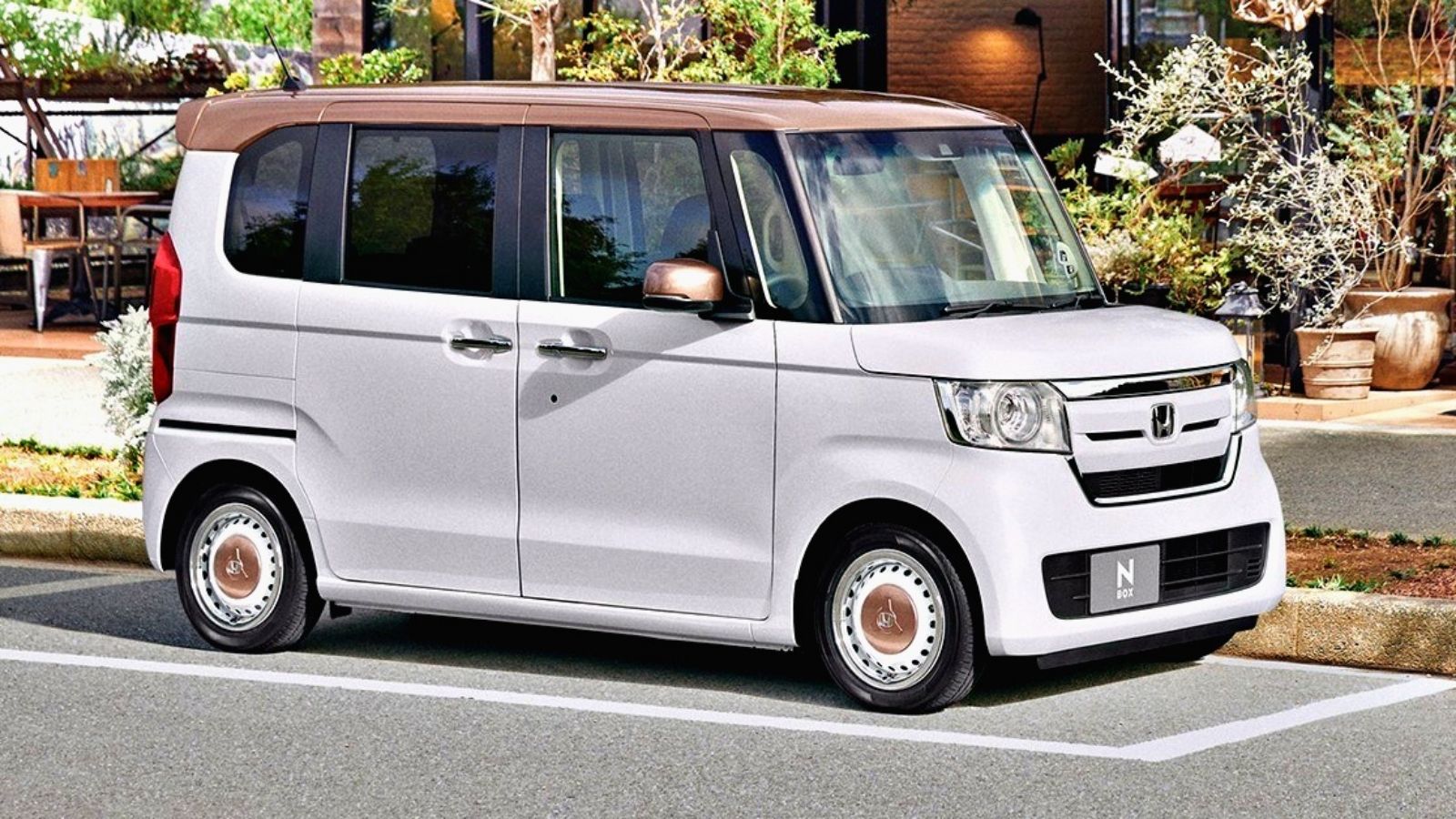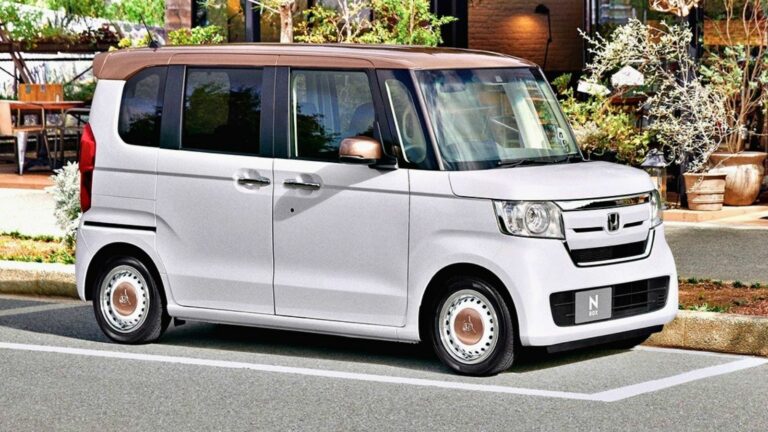As the market for stylish, Western-style pickup trucks flourishes, a growing number of people are turning their attention to a different proposition: the undeniably practical package that is the Japanese minitruck, known as a Kei truck. These compact workhorses are becoming increasingly common, but fluctuating state regulations have often created obstacles for owners hoping to use them on public roads.
Owners of imported Japanese minitrucks have faced a bureaucratic maze for years. These small, efficient vehicles—legally imported under federal law once they reach 25 years old—have encountered varying state regulations, some lenient, others outright hostile. However, the situation in Texas is improving thanks to newly proposed legislation.
It is hard to ignore this renewed focus on import law, especially as it unfolds in the historically conservative state of Texas, against the backdrop of Trump-era tariffs.
Of all the states to champion these small trucks, it is perhaps ironic that the state known for its ‘go big’ attitude is now making a move in support of the import of micro-trucks. Enter SB 1816, a bill introduced on March 3 by State Senator Kelly Hancock. This legislation delivers what minitruck advocates have long sought: the establishment of protections for these vehicles within state law. Texas previously banned the registration of imported minitrucks until activists successfully lobbied the DMV to change its policy. But policies can be reversed. Laws, not so easily.
What Is a Minitruck, According to the Law?
SB 1816 officially defines a minitruck as a vehicle from Japan, including cars, trucks, vans, and buses. It must have an engine of 1.2 liters or less and a top speed of at least 50 mph. These vehicles can be titled and driven on Texas highways if they are equipped with all required road-going components, such as headlights, taillights, turn signals, a speedometer, windshield wipers, and a rearview mirror.
David McChristian, founder of Lone Star Kei, has been at the forefront of this movement. After contacting 180 state representatives last year to expose inconsistencies in the DMV’s enforcement of previous law, he views this bill as another significant victory:
“A huge win for owners, small businesses, and rural communities that rely on them. This bill takes it a step further by locking that policy into state law so there’s no question in the future about whether these vehicles belong on the road.”
Now that the state of Texas has formally defined a term already well understood, let’s look at how the creators of the Kei class defined them. A Kei truck, also known as a keitora, is a compact pickup designed to meet Japan’s road and tax regulations. It falls under the kei-jidousha category, often referred to as kei cars or trucks. The term “kei” translates to “light” or “compact,” but can also mean “mini” or “miniature” when describing vehicles. Kei-class models—including cars, vans, SUVs, and trucks—are among the smallest highway-legal vehicles in Japan. They are efficient, compact, and, when so equipped, incredibly rugged 4x4s.

Kei trucks are popular for their economy and efficiency. While America’s auto market often prioritizes size and power, the Kei class presents a practical, user-friendly automotive option that is hard to resist. According to Texas Capitol sources, the new legislation could mean widespread access to these smaller trucks.



